Updated: Vaccinations for South America
If you’re heading off to explore the incredible continent of South America, or even just a small part of it, then it’s important that you include health on your travel checklist and understand the health risks associated with the countries you plan to visit. Why take unnecessary risks if there are vaccinations or other preventative measures you can take to ensure you avoid illness whilst on your travels that could ruin your adventure of a lifetime?
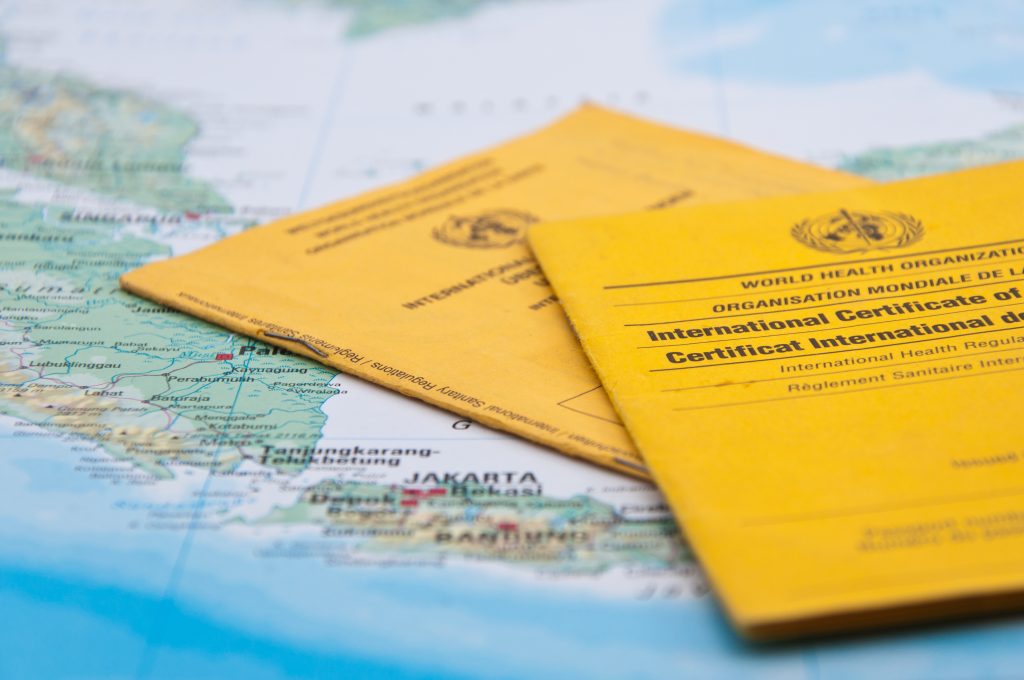
Basic Vaccinations Guide
It’s best to visit your doctor or a traveller’s medical centre before you travel to ensure you have the latest, most up to date information on vaccinations for South America. As a very basic guide the following vaccinations are generally recommended, but it will depend on the countries that you are travelling to and even the part of the country in some cases.
Tetanus
Diphtheria
Whooping Cough
Hepatitis A & B (Twinrix)
Polio
Measles, Mumps & Rubella (MMR)
Many of these you may have already had as childhood immunizations, but in some cases you may need a booster.
Recommended Vaccinations
Other vaccinations for South America that may be recommended for your travels include:
Yellow Fever
Typhoid
Rabies
Meningococcal, meningitis vaccination and malaria medications may also be recommended depending on when, where, and for how long you are travelling.
Yellow Fever
Yellow Fever is a viral illness that is spread by mosquito bite. It is endemic in tropical and sub-tropical regions of South America, although cases of tourists contracting the disease are pretty rare. Generally if you are travelling to the jungle regions of Bolivia, Brazil, Colombia, Ecuador, the Guianas, Paraguay, Peru, Panama and Venezuela then your medical centre will advise that you have a yellow fever vaccination. It is important that you carry your vaccination certificate with you on your South American travels, as at some airports you may be asked for evidence of vaccination on arrival or departure.
For some states of Brazil (generally in or around the Amazon rainforest), it is compulsory for all travellers to have a vaccination against Yellow Fever. It is also compulsory for all travellers to have a vaccination against Yellow Fever if entering Brazil through the following countries in South America:
Bolivia
Colombia
Ecuador
French Guiana
Guyana
Peru
Suriname
Venezuela
An international certificate of vaccination is often required for travellers returning to Australia from destinations where yellow fever is known to be present. If you do not hold a vaccination certificate, you will still be permitted to enter Australia, but on arrival, a biosecurity officer from the Department of Agriculture and Water Resources will provide you with a Yellow Fever Action Card. This card provides instructions on what you should do if you develop any symptoms of yellow fever in the six-day period following your departure from a yellow fever risk country.
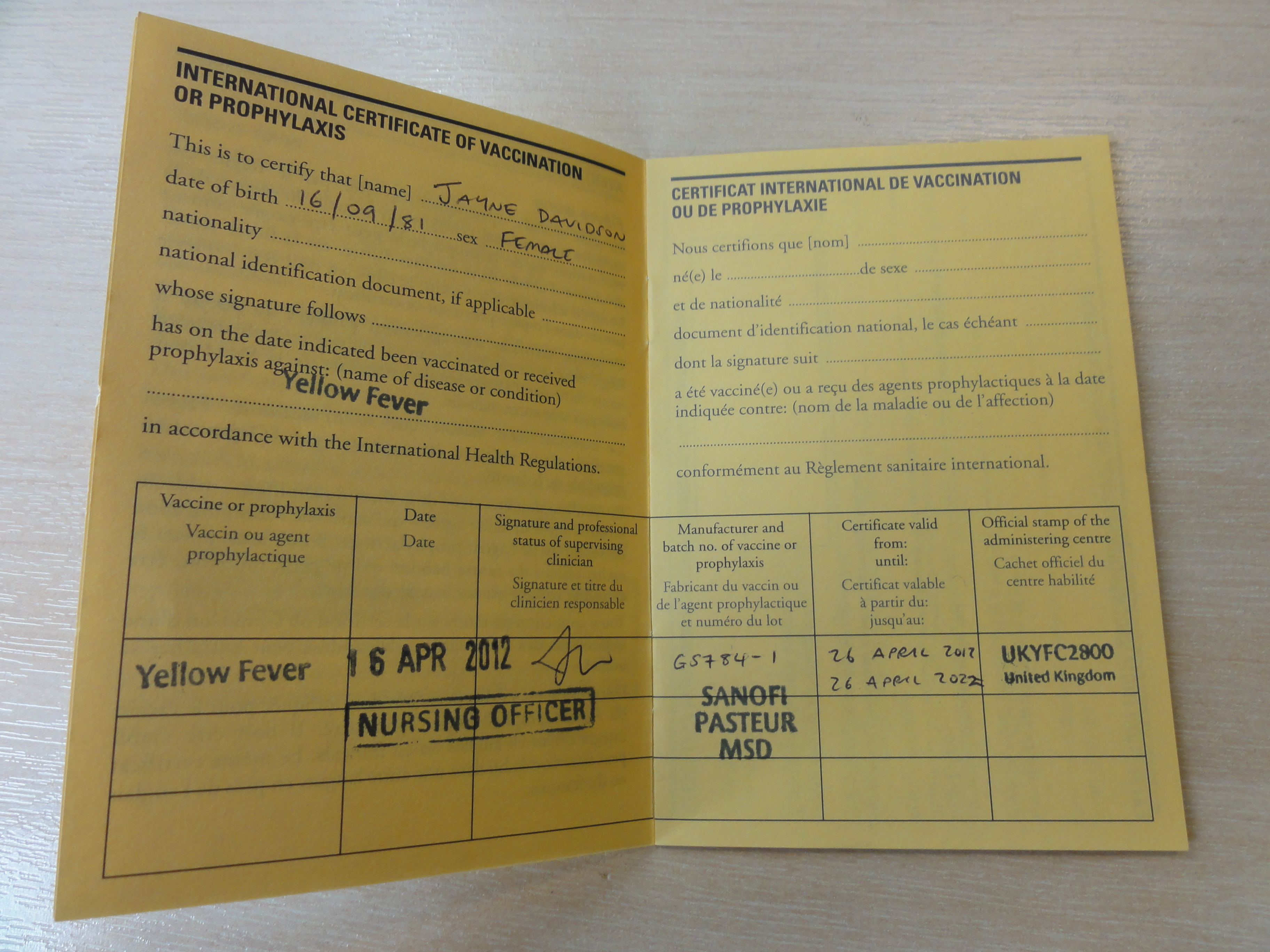
An international certificate of vaccination is often required for travellers returning to Australia from destinations where yellow fever is known to be present.
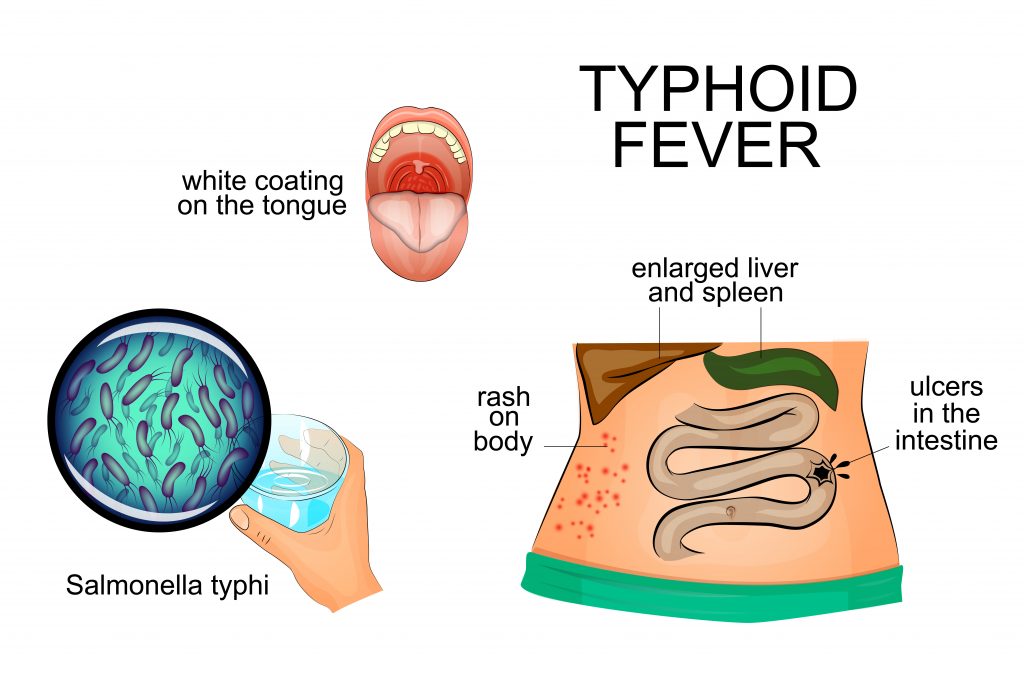
Typhoid
Typhoid fever is caused by bacteria (Salmonella Typhi) found in contaminated food and water. The bacteria is found in the faeces and sometimes urine of infected individuals and so typhoid fever is more common in less-developed countries where there is poor sanitation, poor hygiene and food handling standards and untreated drinking water. Raw fruit and vegetables and shellfish from contaminated water are often associated with typhoid. Typhoid fever is endemic in the developing world and vaccination is recommended for travellers to areas where environmental sanitation and personal hygiene may be poor.
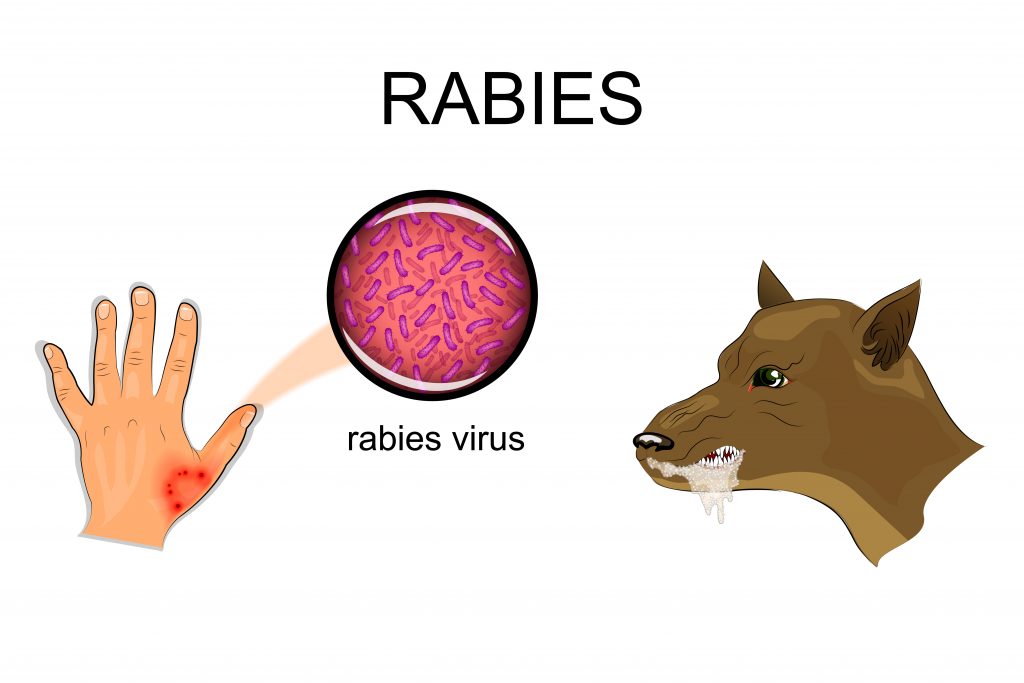
Rabies
Rabies is a serious and potentially deadly viral infection that is transmitted to humans through the saliva of an infected mammal, usually via an animal bite. The risk of contracting rabies increases with extended travel and the likelihood of contact with animals. Dogs and other canines as well as bats are most commonly associated with transmitting the rabies virus, but other culprits include cats, monkeys and racoons. Depending on your South American destination, the length of your trip and the activities you plan on including, a rabies vaccination may be recommended to you. If you plan to work on a farm for example, or work with animals in some other way, then you certainly may wish to consider this vaccination for South America. Plan ahead for this as the vaccination actually involves a series of three injections over a four week period.
So before you embark on your travels, see your doctor or visit a travel clinic to discuss and plan the vaccinations for South America that you may need to consider. Check out these websites as well for some further information:
https://www.traveldoctor.com.au
https://travelvaccines.com.au/index.php/south-america
Malaria
Although there is no vaccination against malaria, this mosquito-borne disease is prevalent in South America, especially in the tropical regions. So if you are heading into the Amazon for example, then you need to take a few precautions. The best way to avoid malaria is to avoid being bitten by a mosquito. Wear long sleeved shirts and long trousers, especially at those times of the day when the mosquitos are most prevalent. Use insect repellent and consider taking prophylactic medication – your doctor or your travel clinic will be able to give advice and make recommendations to you.
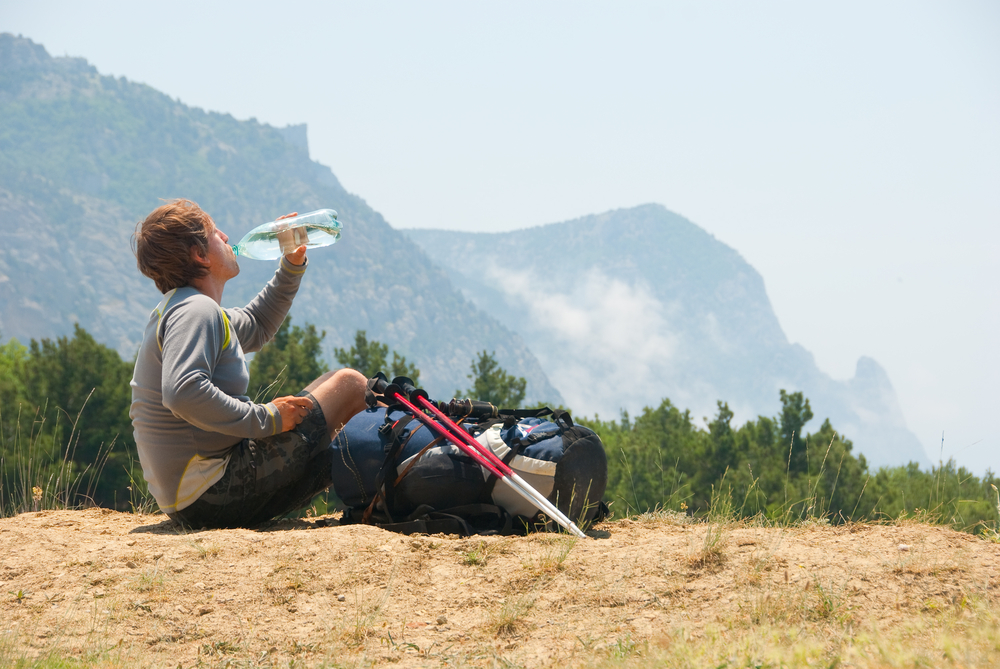
Altitude Sickness
Altitude sickness or Acute Mountain Sickness (AMS) is another risk you need to be aware of when travelling through South America, in particular at altitudes above 2,000m, but again there is no vaccination against this. The only way to avoid altitude sickness is to ascend gradually to higher altitudes allowing time to acclimatise. Avoid alcohol and drink plenty of water.
Staying healthy whilst travelling involves understanding the health risks in your chosen destination (or destinations) and being aware of how to avoid or minimise the risks. This may include being protected through vaccinations for South America, using specific medicines to avoid disease and ensuring that you eat and drink carefully. In many countries it is not safe to drink the tap water and it is often best to avoid eating fruit and vegetables that cannot be peeled, unless you are sure they have been washed or cooked in safe, clean water.
The information above was correct as of November 2018, but vaccination requirements and regulations can sometimes change, so it is always advisable to check with your doctor or a travel clinic prior to your travels.
Where Will You Go Next ?
- Popular Destinations
- Antarctica
- The Arctic
- South America
- Central America
- More to explore
- Amazon
- Antarctic Circle
- Antarctic Peninsula
- Argentina
- Bolivia
- Brazil
- Canadian Arctic
- Chile
- Colombia
- Costa Rica & Panama
- East Antarctica
- Ecuador
- Galapagos Islands
- Greenland
- Guatemala & Honduras
- Machu Picchu
- Mexico
- Patagonia
- Peru
- South Georgia and Falkland Islands
- Spitsbergen
- Sub Antarctic Islands

Talk to one of our experienced Destination Specialists to turn your Antarctic, Arctic and South American dream into a reality.
Contact us